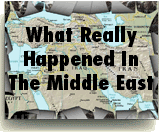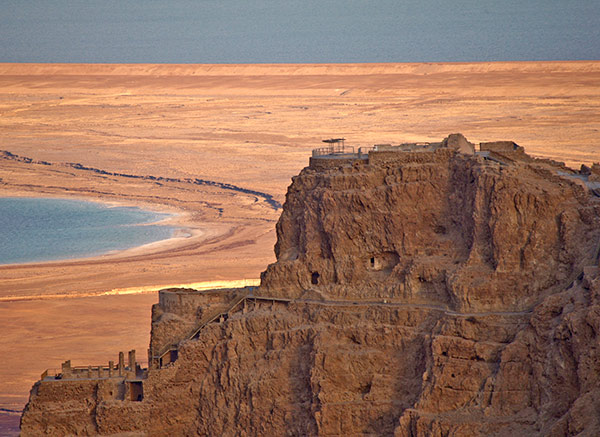Iraq may execute MP for Israel visit - Sep. 22, 2008 AP and herb keinon , THE JERUSALEM POST
Ok. There are a few rules we need to understand about President Bush's new Iraq. The point is that just because the government may be freely elected it doesn't mean that:
Having said all that, the world is certainly safer and Israel definitely safer after Saddam Hussein's rope burn swing. Iraq will determine its own future. For now, US security interests will benefit from the new Iraq. Such assurances may not, in the future bear fruit. I, for one, will not be a bit surprised, if Iraq survives as a state that one day, a stronger, democratically elected Iraqi government will take the lead in organizing another region effort to oppose the "Zionist Entity". Does that mean the war was a mistake? Heck no. It is just as likely that Iraq doesn't hold it together, breaks into sectarian conflict for an extended time and eventually ends up ruled by another dictator. Only time will tell whether that dictator is more Saddam Hussein or OBL.
As to the subject of the article, Israel should offer al-Alusi amnesty. There is after all a difference between free, democratic, and just. Much of the world misses this point.
First his two sons were murdered. Now he faces prosecution. The reason for Mithal al-Alusi's troubles? Visiting Israel and advocating peace with the Jewish state - something Iraq's leaders refuse to consider.
The Iraqi is at the center of a political storm after his fellow lawmakers voted overwhelmingly to strip him of his immunity and allow his prosecution for visiting Israel - a crime punishable by death under a 1950s-era law. Such a fate is unlikely for al-Alusi, though he may lose his party's sole seat in parliament.
Because he had visited Israel, many Iraqis assume the maverick legislator was the real target of the assassins who killed his sons in 2005 while he escaped unharmed.
Now he is in trouble for again visiting Israel and attending a conference a week ago at the International Institute for Counterterrorism.
"He wasn't set to speak, but he was in the audience and conversed with a lecturer on a panel about insurgency and terrorism in Afghanistan, Iraq and Israel," said conference organizer Eitan Azani. "We didn't invite him. He came on his own initiative."
Al-Alusi has a German passport, allowing him to travel without visa restrictions imposed on other Iraqis. Lawmakers accused him of humiliating the nation with a trip to the "enemy" state.
Israeli Foreign Ministry spokesman Yigal Palmor called the reaction to al-Arusi's visit "very distressing" and said it was sad this was the response to someone who merely visited Israel and was interested in a dialogue with it.
"It is very unfortunate that the reaction was so violent and aggressive," he said. "It adds nothing."
Palmor said Israel was appreciative of al-Alusi's "courage," and that the reactions to his visit were an example of the extremism that was plaguing that country and leading to so much bloodshed there.
The uproar shows how far Iraq has moved from the early US goal of creating a democracy that would make peace with Israel and remove a critical force from the Arab-Israeli conflict.
The US Embassy declined comment. "It is an issue for the Iraqi parliament, not the US Mission to Iraq," said spokesman Armand Cucciniello.
"What has happened was a catastrophe for democracy," Al-Alusi told The Associated Press in an interview in his Baghdad home. "Within an hour's time, the parliament became the policeman, the investigator, the judge, the government and the law. It was a sham trial."
Al-Alusi said he went to Israel to seek international support for Iraq as it struggles against terrorism, and insisted that the outcry reflected Iranian meddling in Iraq's internal affairs - an accusation often leveled by Sunnis like himself against Iraq's mostly Shi'ite neighbor.
"Iran is behind Hamas and Hizbullah and many other terrorist organizations. Israelis are suffering like me, like my people. So we need to be together," he said. "Peace will have more of a chance."
Iraq sent troops to three Arab wars against Israel, and fired Scud missiles at it in the 1991 Gulf War. It remains technically at war with the Jewish state. Iraq's once-thriving Jewish community has shriveled to just a few people, most having fled after Israel was established in 1948.
























































0 comments:
Post a Comment